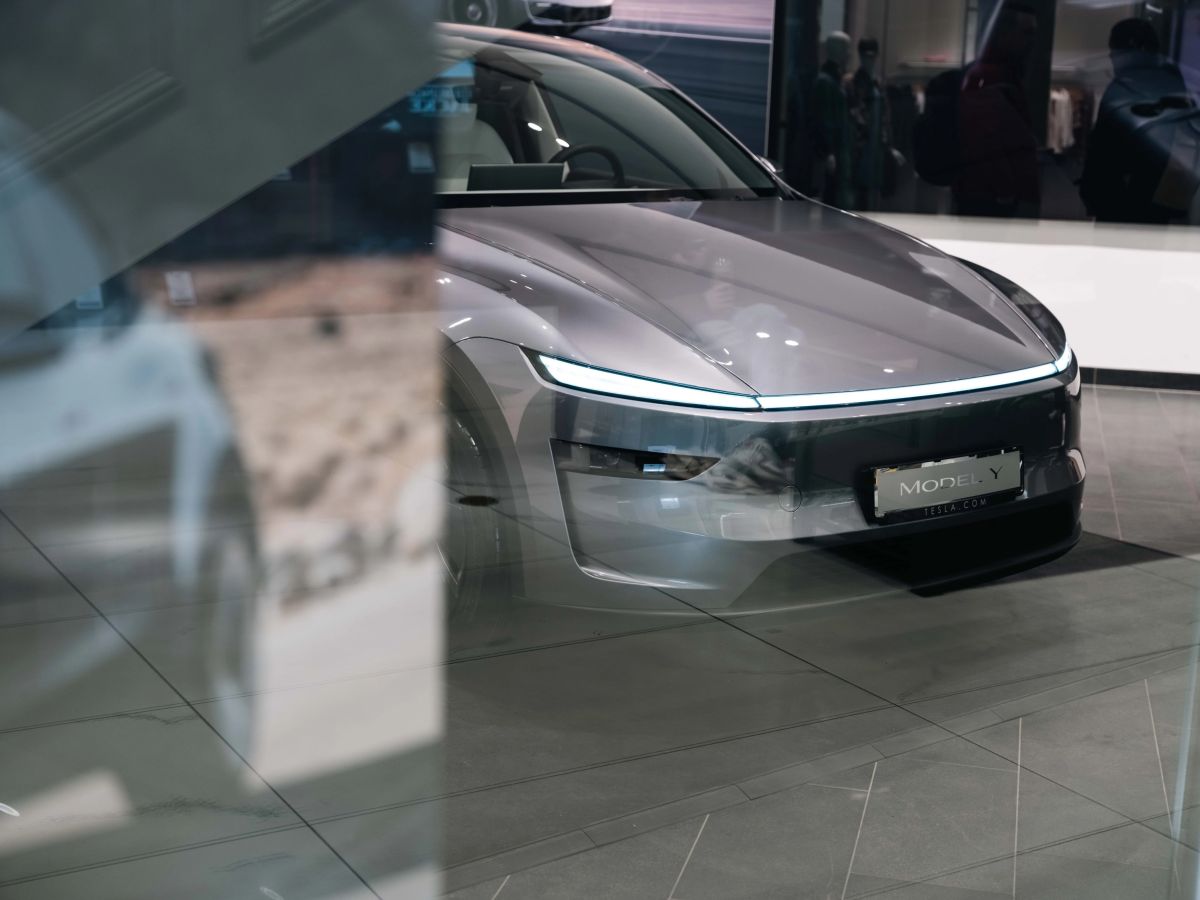Tesla registered 1,110 units in Germany last month, according to data released on Tuesday by the Federal Motor Transport Authority (KBA).
The figures showed a 55.1% plunge year over year from 2,470 units.
Compared to June — when the Elon Musk-led company had recorded 1,860 vehicles — sales fell by 40.3%.
July was the second weakest sales month for the US brand in the German market year to date, only above April’s 885 units.
In July, 264,802 vehicles were sold in Germany, from which 48,614 were battery electric vehicles (BEV) — posting a 18.4% market share and a 58% rise from a year ago.
Hybrid models, including plug-in hybrids, represented 102,369 units — or a 38.7% market share, meaning nearly two in each five vehicles sold in the German market were hybrids.
Tesla‘s refreshed Model Y is priced from €45,970 ($51,900), while the Model 3 sedan is available from €40,970 ($46,200).
To increase demand, the brand is offering an interest rate of 0% on purchases of the sedan and 0.99% on the SUV.
The conditions apply to contracts a maximum term of up to 60 months, for vehicles delivered by September 30.
The Model X and Model S are currently only available as existing inventory units, as Tesla is expected to introduce the refreshed versions of its flagship models in the region. However, the company has not yet announced a timeline for the launch.
Late last month, Tesla’s Giga Berlin chief André Thierig said in an interview with local media outlet Die Ziet that the factory is producing 5,000 vehicles per week, the same amount as they did a year ago.
“Everything we build is delivered to customers in over 30 countries worldwide,” Thierig stated, mentioning countries in the Middle East and Asia, which “offsets dips in demand in Europe.”
According to him, the factory just outside of Berlin could “make more” vehicles, but they’re not stockpiling inventory.
Despite a sales increase in Spain and in Norway, the Elon Musk-led brand saw its sales plunge in several markets last month. In Sweden, registrations dropped sharply by over 85%.
According to CEO Elon Musk, demand is expected to improve in Europe once the company is able to offer customers the Full Self Driving system, which is still pending regulatory approval.
The FSD is available in several countries in America and in China. In the US, it can be purchased as a $99 monthly subscription or as a single payment of $8,000.
Last month, China’s giant BYD sold 1,126 vehicles in Germany. The figures were 389% up year over year.
XPeng, which entered the country last year, sold 266 vehicles in July. Premium brand Nio sold 47 EVs last month — its highest monthly figures in over a year — and Geely-backed Polestar registered 670 units.
Volkswagen, BMW and Mercedes remained the country’s best-selling brands.
VW sold nearly 52,000 vehicles in Germany last month, representing a 19.6% market share, while the two other German automakers sold above 24,000 units each.
Skoda, which is owned by the Volkswagen Group, registered about 23,000 vehicles in the country.
